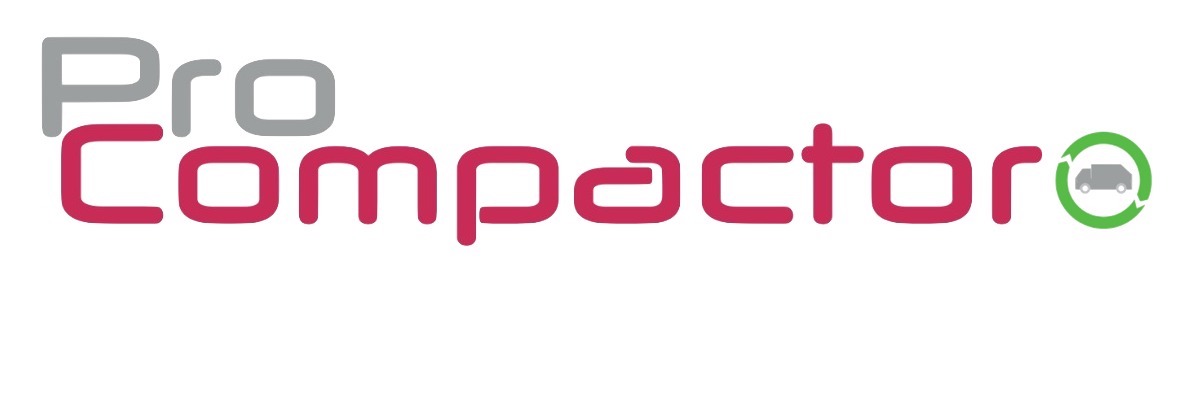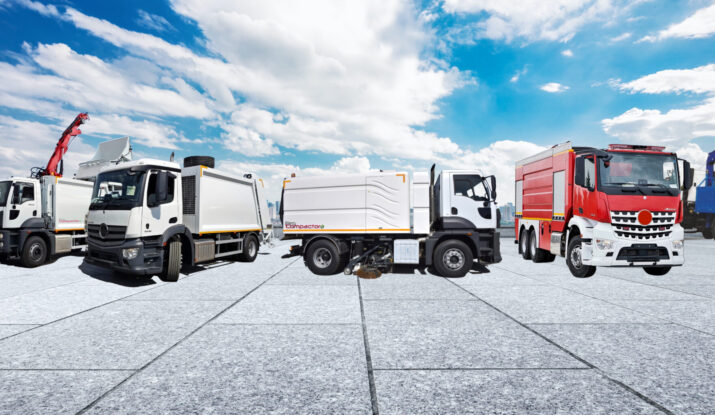Waste Collection and Management Vehicles

Waste management is a critical aspect of modern society, and it is essential to have efficient and effective waste collection vehicles to maintain a clean and healthy environment. This article will discuss the importance of waste collection and management vehicles and the role they play in the proper disposal of waste.
Waste collection vehicles are designed to transport waste from residential, commercial, and industrial areas to disposal sites. These vehicles come in different sizes and capacities, allowing for the efficient collection of different types of waste, including household, commercial, and industrial waste. Waste collection vehicles are also equipped to handle specific types of waste, such as recyclables, compostables, or hazardous waste, ensuring that these materials are disposed of in an appropriate and safe manner.
One of the biggest benefits of waste collection vehicles is that they allow for the efficient and timely removal of waste from communities. This helps to prevent waste from piling up and creating unsanitary conditions, which can lead to the spread of diseases and unpleasant odors. Furthermore, waste collection vehicles also help to minimize the risk of fires, as piles of waste can become a fire hazard, especially during hot and dry weather conditions.
In addition, waste collection vehicles play a critical role in reducing the environmental impact of waste. By removing waste from communities and transporting it to disposal sites, they prevent waste from entering and contaminating rivers, lakes, and other water sources. This helps to maintain the health and integrity of the natural environment and the health of the people living within it.
Waste collection and management vehicles are equipped with advanced technology to improve their efficiency and effectiveness. For example, some waste collection vehicles are equipped with GPS tracking systems that allow for real-time monitoring of the vehicles and the waste they collect. This helps to ensure that the vehicles are being used effectively and that the waste is being collected in a timely manner. In addition, some waste collection vehicles are equipped with sensors that can detect the weight and composition of waste, allowing for a more efficient and accurate collection process.
Another aspect of waste management that is important to consider is the disposal of waste. This involves transporting waste from collection sites to landfill sites or waste-to-energy facilities. The transportation of waste requires specialized vehicles, such as waste transfer vehicles, that are designed to handle the safe and efficient transportation of waste. These vehicles are equipped with features such as compactors and hydraulic systems to compact waste and reduce its volume, making it easier and more efficient to transport.
In conclusion, waste collection and management vehicles play a critical role in maintaining a clean and healthy environment. They allow for the efficient and timely removal of waste from communities, reducing the environmental impact of waste, and improving the efficiency of waste management. It is important for communities to invest in high-quality waste collection and management vehicles and make use of the latest technology to ensure that they are getting the most out of their waste management services.
Procompactor offers a variety of waste management vehicles to municipalities, private companies in waste collection services as well as producers of such superstructure manufacturers.

 Contact Us
Contact Us



 Contact Us
Contact Us